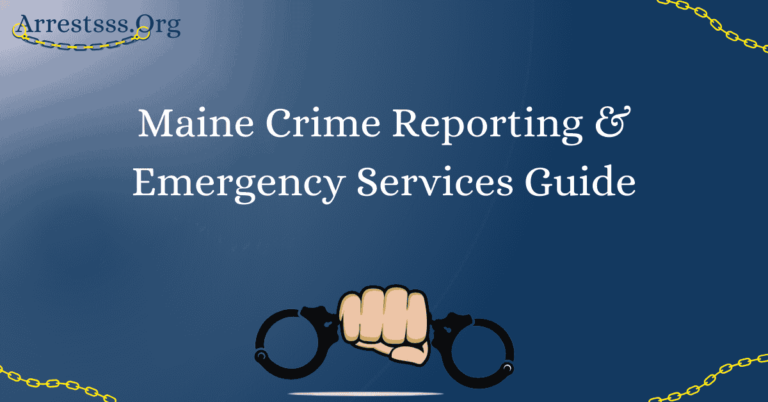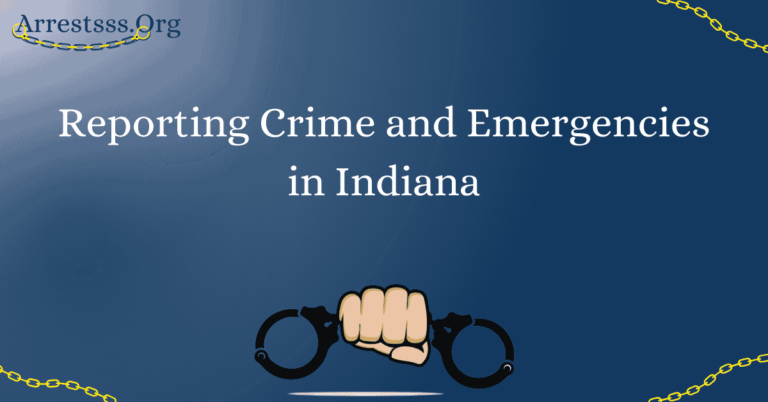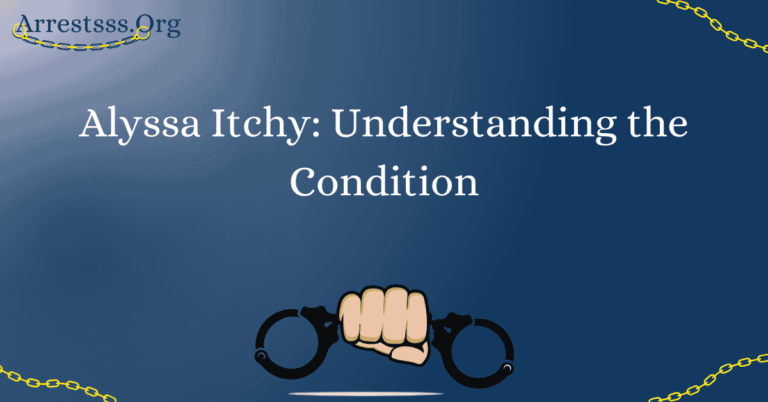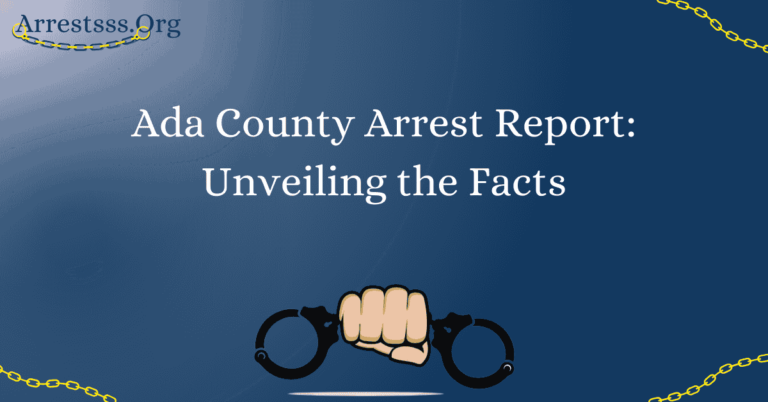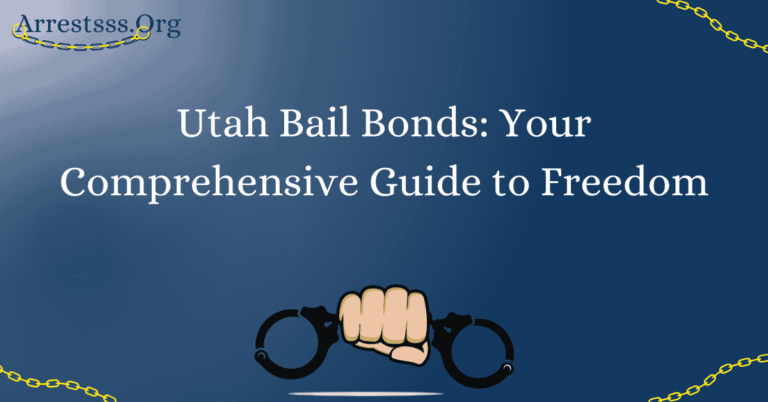Maryland Criminal Record Expungement
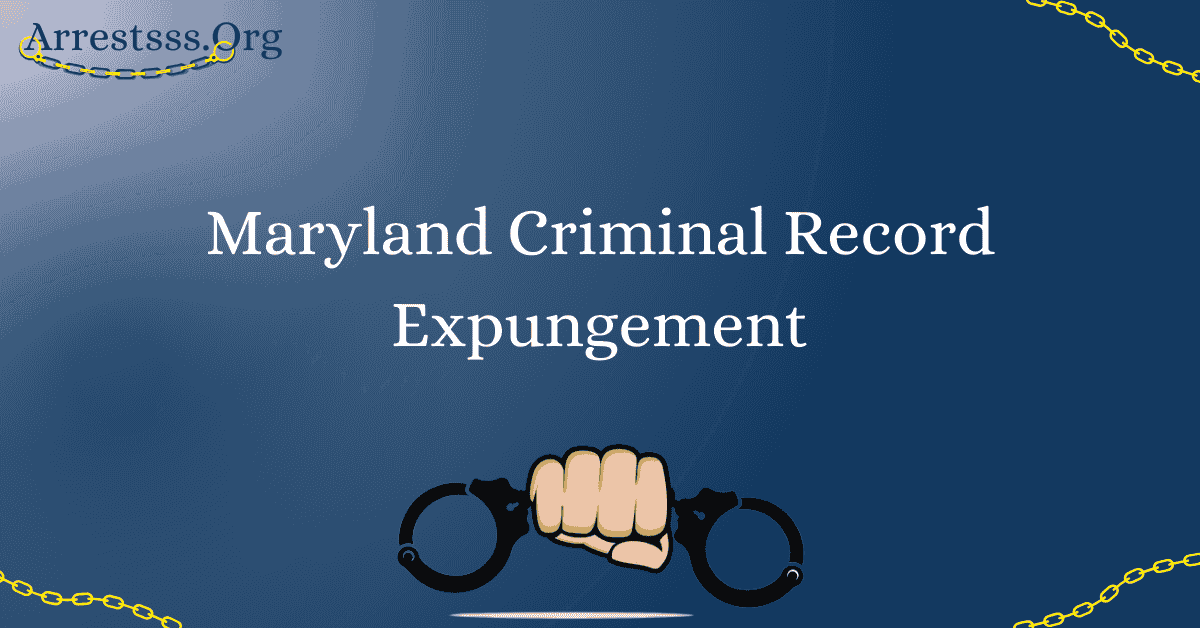
If you’ve ever been involved in the Maryland State criminal justice system, you may be curious about the process of expunging your criminal record. Having a criminal record can create significant barriers in life, affecting your job prospects, housing opportunities, and more. Fortunately, Maryland offers a legal pathway to expunge or clear your criminal record under certain conditions. In this comprehensive article, we’ll guide you through the Maryland Criminal Record Expungement Process, providing step-by-step information, eligibility criteria, and answers to frequently asked questions.
Eligibility Criteria for Expungement
Before diving into the specifics of the Maryland Criminal Record Expungement Process, it’s essential to understand the eligibility criteria. These criteria determine whether you qualify to request expungement. Here are the key factors to consider:
- Acquittal or Dismissal: If you were acquitted of the charges or if your case was dismissed, you typically qualify for expungement.
- Waiting Periods: Some convictions or probationary periods may require you to wait for a specific duration before requesting expungement.
- Non-Conviction Records: Records related to cases where charges were not filed or where you were found not criminally responsible may be eligible for immediate expungement.
Understanding these eligibility criteria is the first step in pursuing expungement in Maryland.
- Required Documentation: To initiate the expungement process, you’ll need to gather essential documentation. The specific documents required can vary depending on your case and circumstances, but some common documents include:
- Case Information: You’ll need details about your criminal case, including case numbers, dates, and charges.
- Court Records: Copies of court documents related to your case, such as court orders, sentencing information, and judgments.
- Filing Fees: Be prepared to pay filing fees associated with your expungement petition. The fees can vary based on the type of case and the court.
Gathering the necessary documentation is crucial for a smooth expungement process.
Filing Your Petition
Once you’ve met the eligibility criteria and assembled the required documentation, you can file your expungement petition. Here’s a simplified overview of the process:
- Complete the Petition: Fill out the official Maryland expungement petition form accurately and completely.
- Submit the Petition: File the completed petition with the appropriate court. Make sure to include any supporting documents and pay the filing fees.
- Serve Notice: In some cases, you may need to serve notice to relevant parties, such as law enforcement agencies or the state’s attorney.
- Wait for a Decision: After submitting your petition, the court will review your request. The processing time may vary based on the court’s workload and the complexity of your case.
- Receive a Decision: You will receive a decision regarding your expungement petition. If approved, your record will be expunged.
Review and Decision Process
The review and decision process for expungement petitions in Maryland involves careful consideration by the court. Several factors, including the type of conviction, waiting periods, and the accuracy of your petition, will influence the outcome. It’s important to note that expungement does not guarantee the complete erasure of your record, as it may still be accessible to certain parties under specific circumstances.
Post-Expungement Benefits and Considerations
After successfully expunging your criminal record, you can enjoy several benefits, including improved job prospects, enhanced housing opportunities, and greater peace of mind. However, it’s essential to be aware of potential considerations, such as:
- Limited Access: While your record is no longer public, law enforcement and certain government agencies may retain access to expunged records.
- Legal Obligations: Some professions and industries may still require disclosure of expunged convictions, so it’s crucial to research the requirements in your field.
- Future Arrests: Expungement does not prevent future arrests from appearing on your record.
FAQ’s
What is criminal record expungement in Maryland?
Criminal record expungement in Maryland is a legal process that allows individuals to have certain criminal convictions or arrests removed from their public record. This means that once expunged, the information is no longer accessible to the general public, including potential employers and landlords.
Who is eligible for criminal record expungement in Maryland?
Eligibility for criminal record expungement in Maryland depends on various factors, including the type of offense, the outcome of the case, and the individual’s criminal history. Generally, individuals with certain misdemeanor convictions, certain types of arrests that did not result in conviction or cases that were dismissed may be eligible for expungement.
How long does it take to get a criminal record expunged in Maryland?
The time it takes to have a criminal record expunged in Maryland can vary depending on factors such as the complexity of the case, court processing times, and the volume of expungement requests. On average, it can take several months to a year or more to complete the process.
Can all criminal records be expunged in Maryland?
No, not all criminal records can be expunged in Maryland. Certain serious offenses, such as violent crimes, sexual offenses, and some traffic violations, are generally not eligible for expungement. Additionally, convictions for certain crimes may have waiting periods before they can be expunged.
Do I need an attorney to file for criminal record expungement in Maryland?
While it is not required to have an attorney, it is often advisable to seek legal counsel when pursuing criminal record expungement in Maryland. An attorney can help you understand the eligibility criteria, navigate the legal process, and increase your chances of a successful expungement. However, individuals can choose to file for expungement on their own if they prefer.

